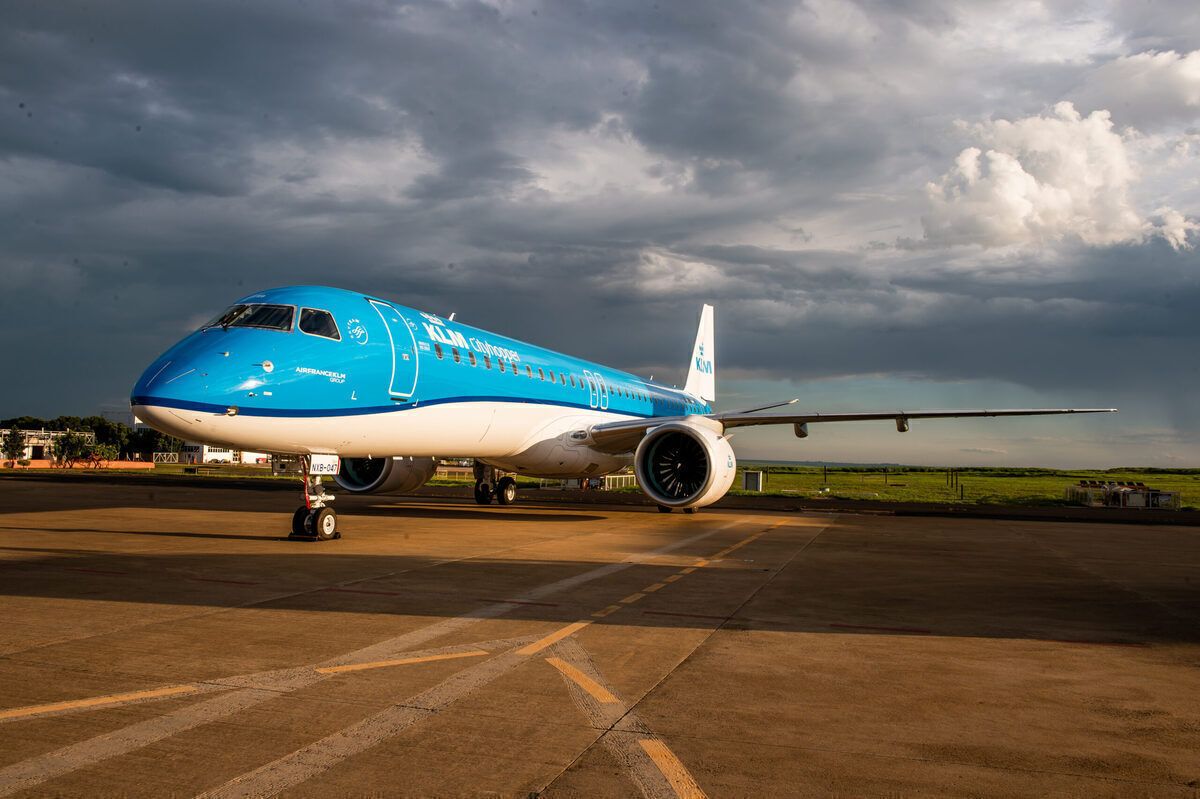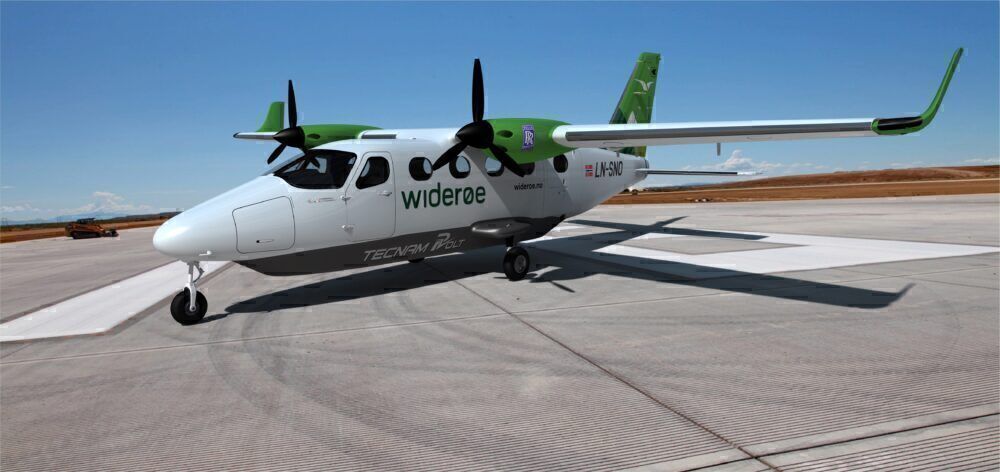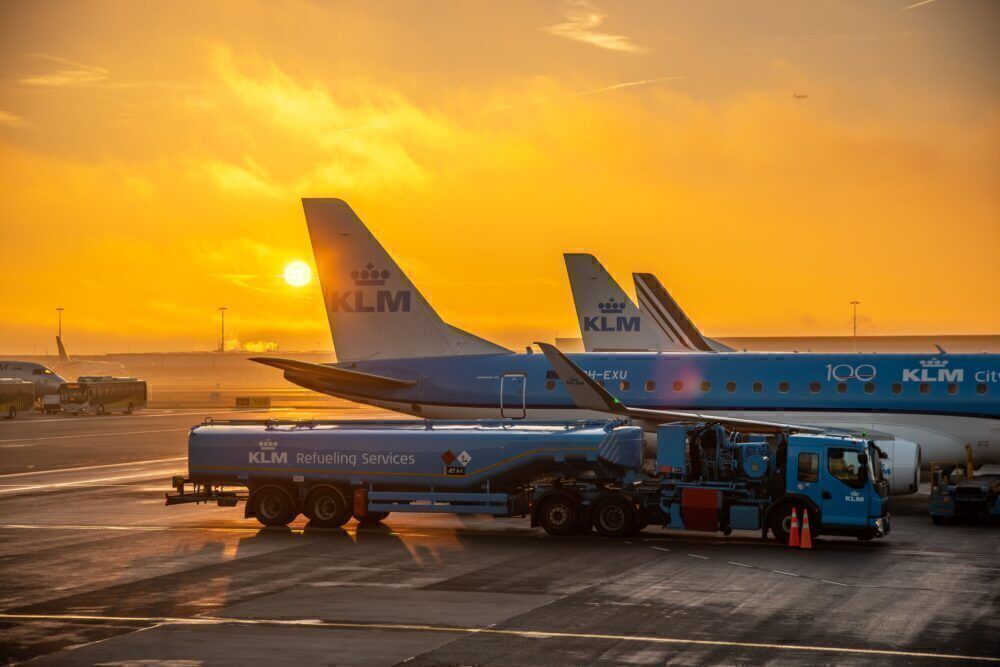Speaking as part of the World Aviation Festival's Sustainability Panel on Wednesday, KLM's Vice President for Sustainability, Karel Bockstael, commented on the forthcoming short-haul flight ban that will impact sister carrier Air France. While he stated that we are all in a battle against climate change, he also cautioned against measures that could potentially disrupt innovations in sustainable flight in the long term.
Alternative guidance needed in the long term
Earlier this month, French lawmakers voted in favor of a bill set to ban flights on routes where there are available train connections in under two and a half hours. The new law was first introduced as part of the environmental strings attached to the government's aid package to its flag carrier.
Mr Bockstael generally applauds objective regulations that are compatible with fighting climate change. However, he also said that it must be made sure that long-term innovation will not suffer in the process when it came to banning short routes.
"Of course, we understand that trains replacing flights in the current situation might be a good solution. (...) On the other hand, especially on short routes, we must make sure that we are not destroying any innovation, because on the short routes we expect that we will have electric flight and hydrogen flight," Mr Bockstael said, adding that in the long term alternative guidance would be needed.
Stay informed: Sign up for our daily and weekly aviation news digests.
Routes to deploy upcoming models are crucial
Most electric aircraft currently in the pipeline to enter service within the decade are constructed for the short-haul commuter market. While 20 years from now you may be able to buy a ticket for a 100-seater electric aircraft, there is still some way to go in terms of batteries and capacity.
However, to get there, it must first be profitable for companies to make and market their predecessors. They must also be able to funnel money back into R&D. Governments must also provide incentives to assist in the decarbonization of aviation. This is unlikely to occur if there are no routes on which to deploy electric planes with commercial success.
Yesterday, we reported that Norway's Green Party is also in favor of banning shorter services, despite the country's reliance on regional connectivity. They also suggest introducing individual flight quotas.
Infrastructure essential for hub carriers
Of its own accord, KLM has already introduced an air-to-rail service, where travelers connecting to Brussels from Schiphol disembark the aircraft and board a train for their last leg of the journey. Or vice versa if they are heading in the other direction.
Trains and aircraft working together are entirely dependent on good infrastructure. Especially for hub carriers such as Air France and KLM, the offers need to be comparable so as not to create an uneven playing field.
Corporate clients have their own value chain
KLM is betting big on biofuel for its sustainability targets. It is doing a good job at selling the use of sustainable aviation fuels (SAFs), which is still two to four times more expensive than traditional jet fuel, to its corporate and cargo clients.
"You have to remember that our business customers, our corporate customers, they also have their own enterprise responsibility in terms of decarbonization. So in the value chain, we see that especially on the business to business, there's a lot of interest, and also readiness to pay a premium also up to the level of SAF."
What do you think of restrictions on short-haul flights? Are they a temporary good solution or a potential long-term innovation disruptor? Leave a comment below and let us know.



